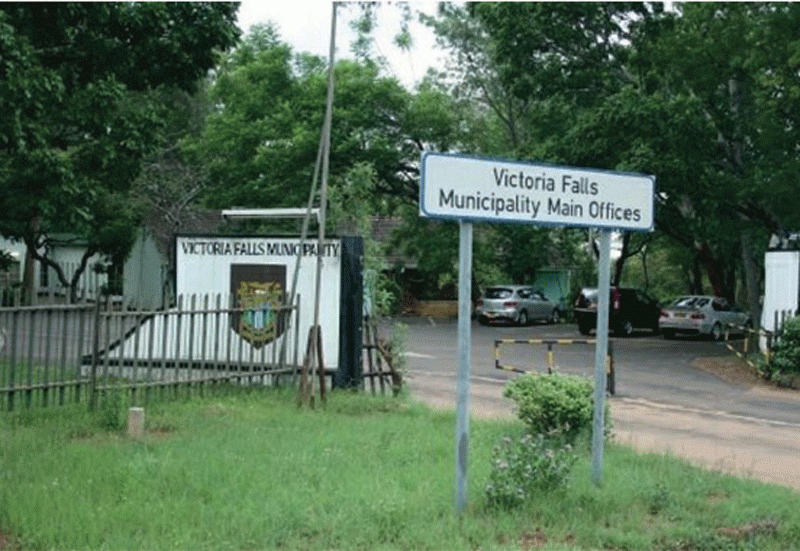
BINDURA Town Council is reported to have neglected billing of 1 598 households in the Garikai areas that were receiving water as the properties at the town in Mashonaland Central province had no water meters.
The revelations are made in the latest Auditor-General’s local authorities report for the 2024 financial year.
In the findings of the audit, the Auditor-General noted that the developments were contrary to the laws which require the recipients of the council to collect revenue from the residents where service delivery is made.
“The municipality did not bill 1598 households in the Garikai area that were receiving municipality water as the households had no water meters.
“However, records showed that some houses in the same area were billed an average of seven cubic meters (m3) per month based on estimates,” the report reads.
“As a result, the municipality lost approximately ZWL$12,1 million of water revenue. This was contrary to Statutory Instrument (SI) 144 of 2019 section 42(4), which requires the receivers of revenue to ensure that revenue collections are safeguarded and properly brought to account.”
The Auditor-General noted that as a result, there was financial loss due to non-billing of water by the council and recommended that the municipality should install water meters at all Garikai households to enable billing for actual water consumption.
The report states that the council management in response took note of non-billing of Garikai residents and had so far engaged the residents in the area to install individual water meters to enable billing of the properties.
- Sakunda hail SA stadia tour
- Rufaro Stadium refurb gathers momentum
- Huge incentives for DeMbare, Bosso
- Chiri vows to stop looting
Keep Reading
On management of assets, the Auditor-General noted that the municipality did not value and account for inventory such as medical drugs as at December 31, 2023.
“This was contrary to International Public Sector Accounting Standards (IPSAS) 12 — ‘Inventories’ which requires items that meet the definition of inventory to be accounted for,” the report reads.
“Municipality should properly account for all inventories and make necessary disclosures in the financial statements.”
The Auditor-General also raised the issue of council making an advance payment of US$90 850 to a supplier for the purchase of a frontend loader in 2018 without a bank guarantee.
“This was contrary to Public Procurement and Disposal Act [Chapter22:23] section 82(5)(ii) which prohibits advance payment unless the supplier furnishes an advance payment guarantee covering the amount of the advance payment. In addition, the front-end loader was not yet delivered,” reads the report.
The Auditor-General advised the council to take appropriate action to recover and safeguard public assets.
“We are seeking a resolution from the municipality to engage lawyers, since it’s now a long outstanding issue,” the Auditor-General said in the report.
On service delivery, the Auditor General noted that the municipality’s source of raw water was contaminated by gold panning activities that are taking place upstream.
“This was evidenced by results of raw water laboratory tests conducted by the municipality. This resulted in
increased cost to the municipality in water purification as the municipality was using 25 bags of water treating chemicals, instead of the ideal seven bags, resulting in an excess cost of 18 bags per day to the municipality," the report read.
The Auditor-General said the council risked financial losses as a result of increased water chemicals
costs and the quality of water may compromise the health of residents/ clients.
The Auditor-General recommended that the council should engage the parent ministry and other stakeholders to manage and stop water pollution, adding that the management indicated that they would continue to engage the Zimbabwe National
Water Authority, Environment Management Agency, the police, Mines ministry and Mashonaland Central Minister of State for Provincial Affairs.










